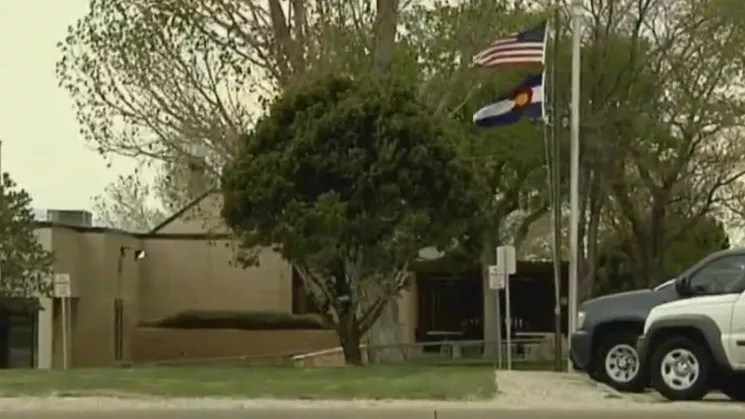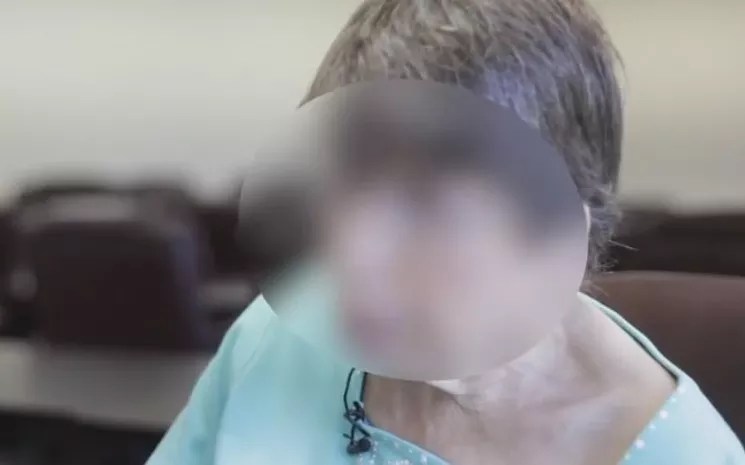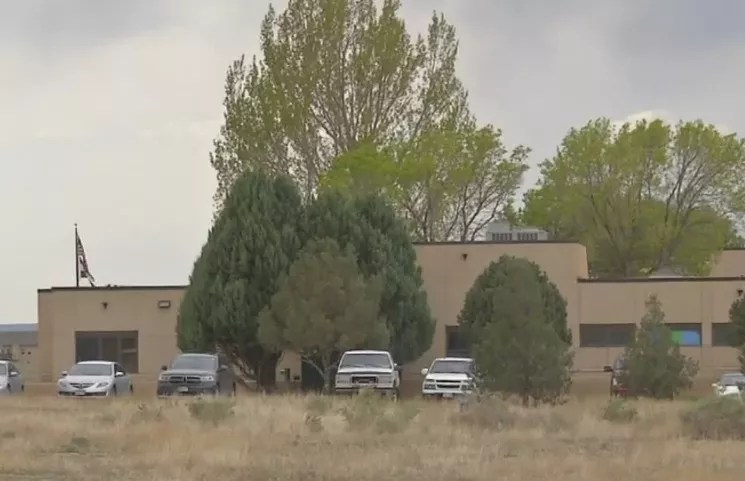
9News file photo

Audio By Carbonatix
In 2016, attorney Mari Newman filed a lawsuit against the State of Colorado over reports of shocking abuse at the Pueblo Regional Center – claims that included strip searches and genital manipulation of mentally disabled residents. Now the state has agreed to settle the case by way of a $1 million payment and significant alterations to policies that may have contributed to the abuse in the first place.
“Both the residents and their guardians are very happy with the outcome,” Newman says, “and the financial aspect will certainly improve their quality of life. But most important are the changes that have been made, which recognize the need to respect their rights.”
The amended suit, which lists 25 plaintiffs identified only by their initials, is accessible below, along with a stipulation-to-dismiss document that contains the details of the settlement. But here’s how Newman described what happened in an interview with Westword conducted two years ago, a few months prior to submission of the original complaint.
“The Pueblo Regional Center is part of the Department of Human Services,” she explained. “It provides services to people with disabilities – a regional center for adults with developmental disabilities in the Pueblo area that includes a big center for activities and group houses.”

One of the victims at the Pueblo Regional Center – and a Newman client.
9News file photo
In November of 2014, Newman noted, “there was a cause for concern. In one of the several group homes, somebody had scratched words into people’s skin, and the staff said they suspected paranormal activity, which is just wacky.”
Several months later, in March 2015, the investigation took a turn that Newman characterized as “horrible. They brought in a team of people from a facility in Westminster, rounded everyone up and strip-searched everyone. They were strip-searching people with disabilities who didn’t do anything wrong, but they treated them like criminals.”
At first, Newman related, “they tried to search them all together in the public areas, but some of the employees were like, ‘This is outrageous. How can you demean them like this? You have to at least do this privately.’ So they ended up doing it more privately. But it was still done by total strangers, and in many cases, these people have terrible histories of abuse, including sexual abuse and post-traumatic stress disorder. So the Department of Human Services abused them further rather than addressing the concerns about abuse.”
All 62 residents of the facility were strip-searched, Newman pointed out, “and that included taking off their clothes, including bras and underwear, and personnel manipulating their genitals. They keep calling them ‘skin audits.’ That’s the terminology they use for these searches, and they describe it along the lines of, ‘Will you please lift up your sleeve, so I can look at your arm?’ But what really happened is, they stripped clothes off if people couldn’t take them off themselves – even people who are non-verbal and who were moaning and thrashing to make it clear they didn’t want to be stripped. But they did it anyway. The searches included people’s anuses and genitals and breasts.”

Attorney Mari Newman filed the case on behalf of eighteen patients at the Pueblo Regional Center.
CBS4 file photo
In Newman’s view, “These searches were as invasive as it gets. There were absolutely no safeguards in place, no legal consent for the searches, and they were performed in a way that was incredibly humiliating for the residents.”
Following this incident, Newman went on, “three separate, independent reviews were conducted. One was done by a state agency, the Colorado Department of Public Health and the Environment. They did a review and found that the searches violated the residents’ rights. Disability Law Colorado also did a report that found a lot of violations.” A federal report from the Center for Medicare and Medicaid Services reached similar conclusions.
The first version of the suit listed seventeen plaintiffs. “Some of them can speak and some of them can’t,” Newman revealed. “They have various levels of disability. But it’s abundantly clear that they were damaged by the state’s conduct. I have one client who, after these strip searches, was pulling out her hair. I have clients who have expressed incredible fear and intimidation. They were made to believe they had somehow done something wrong and were in huge trouble – and they were absolutely terrified that state workers were going to come back and strip them again. This is a population that’s so incredibly vulnerable, and the fact that the state would subject them to this kind of treatment is almost unthinkable.”
The settlement pact outlines fifteen separate policy revisions intended to prevent anything like this from happening again. They’re listed below, but as Newman explains, “There are three overarching themes – and the first one relates to communication with the guardians and parents of the people who are housed in the Pueblo Regional Center. Some of the persistent issues have been failures in communication, and these changes promote better communication between the government and the residents, guardians and parents, which I think can only lead to better outcomes.”

Another angle on the Pueblo Regional Center.
9News file photo
Another area of focus, she goes on, “relates to better treatment of staff in terms of higher staffing levels and better pay. If there’s adequate staffing and people are paid more fairly for their work, that will lead to better outcomes, too, because employees who know they have support are in a better position to take care of people. And the third one deals with resident rights, including the removal of blanket consent forms,” which essentially allowed personnel to authorize any number of actions without having to get guardians’ okay.
Given the number of people victimized at the Pueblo Regional Center and what was done to them, the $1 million payment may qualify as something of a bargain for the state. But to Newman, “the size of the settlement and the policy changes that were made demonstrate just how serious this issue is, and we appreciate the recognition of the importance of the rights of people with disabilities.”
Click to read the amended complaint regarding K.M., et al., v. John Hickenlooper, et al., and the stipulation to dismiss. Continue to read a summary of policy changes assembled by Newman.
1. A new Mistreatment Abuse Neglect and Exploitation “”MANE”) policy outlining how to report and address allegations of MANE.
2. Removal of all blanket consent forms.
3. A new incident reporting policy.
4. Development of a policy outlining resident rights.
5. Community Center Board (“CCB”) Human Rights Committee now reviews all rights suspensions, safety control/emergency control procedures, consents, and investigations.
6. All incidents are reported to the CCB and incidents of MANE are reported to law enforcement and Adult Protective Services (“APS”) as appropriate.
7. Conducting daily multidisciplinary incident report review resulting in action plans for incidents and trends for the agency.
8. Institution of monthly parent/guardian meetings.
9. Educating parent/guardians on ways to file complaints.
10. Implementing Quality Assurance/Performance Improvement (“QAPI”) committee.
11. Providing leadership training for all new managers to be completed within the first year in their role.
12. Direct care and nursing staff receive pay increases consistent with industry salary standards.
13. Increase of staff, including 20 additional direct care staff positions.
14. Reduction in staff working double shifts.
15. Institution of new lines of communication with staff, including monthly staff meetings and individual “stay” interviews.